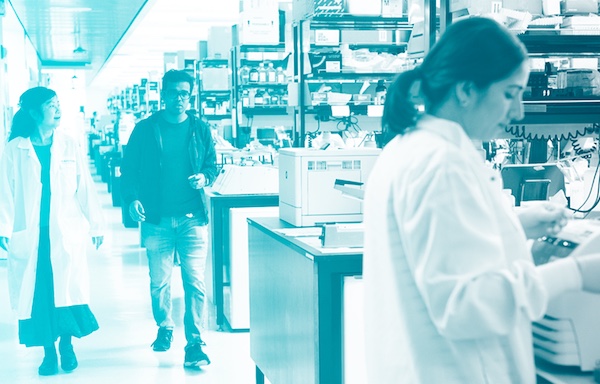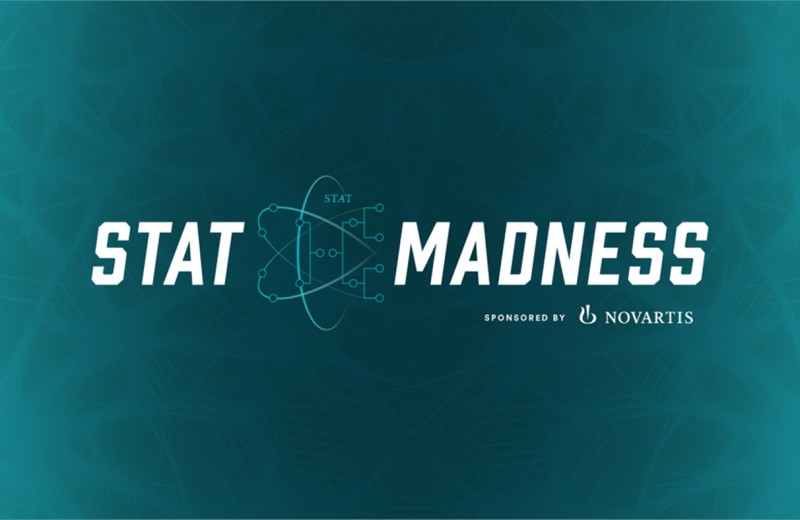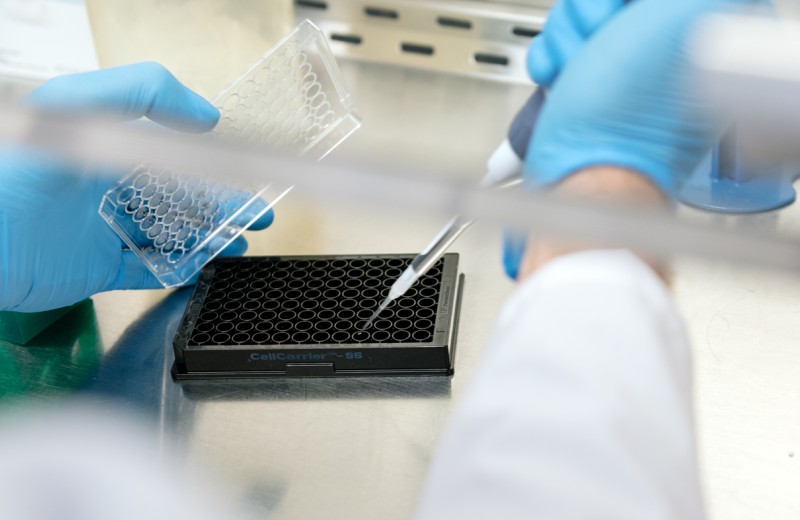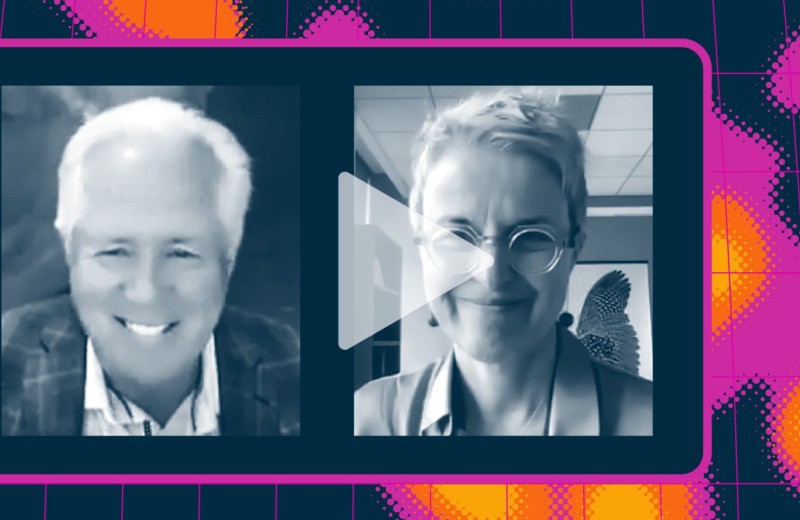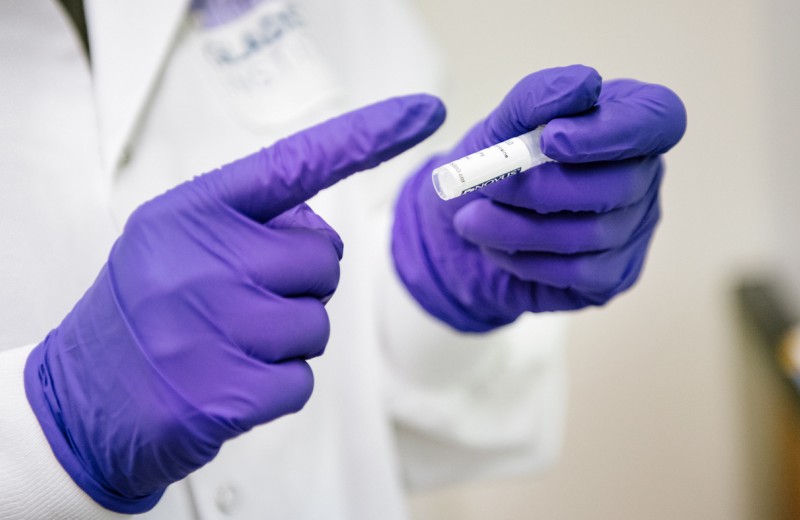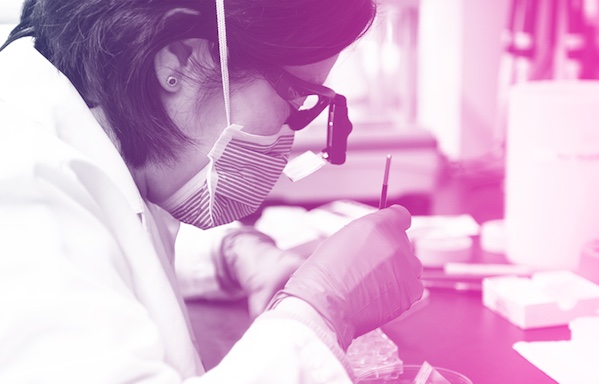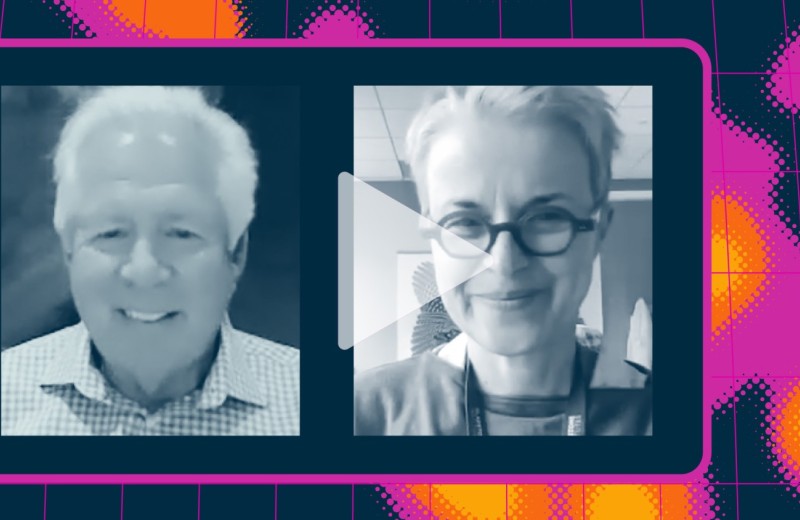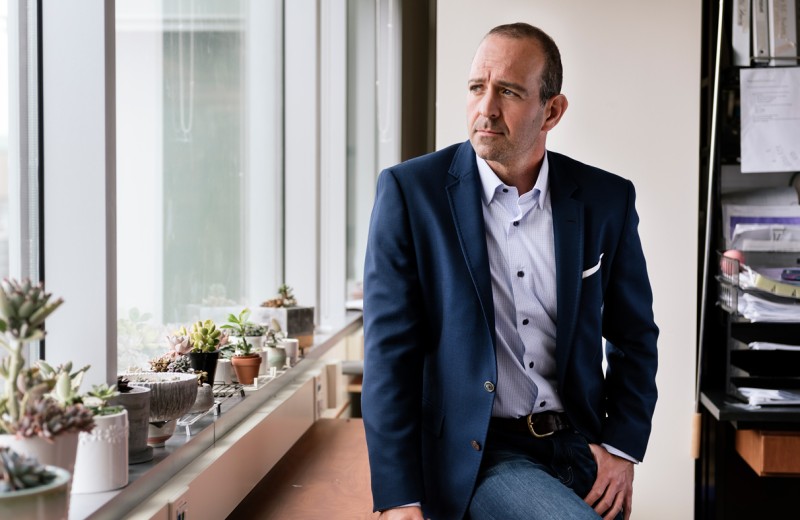COVID-19 Linked to Neurological Symptoms, Studies Show
COVID-19 Linked to Neurological Symptoms, Studies Show
abc7 news—Senior Investigator Katerina Akassoglou, PhD, commenting on two recent studies that show long-term neurological symptoms in some COVID-19 patients, suggests that these symptoms could result from blood leaks into the brain, which can happen even during a minor infection.
Gladstone Experts COVID-19 Neurological Disease Akassoglou Lab

